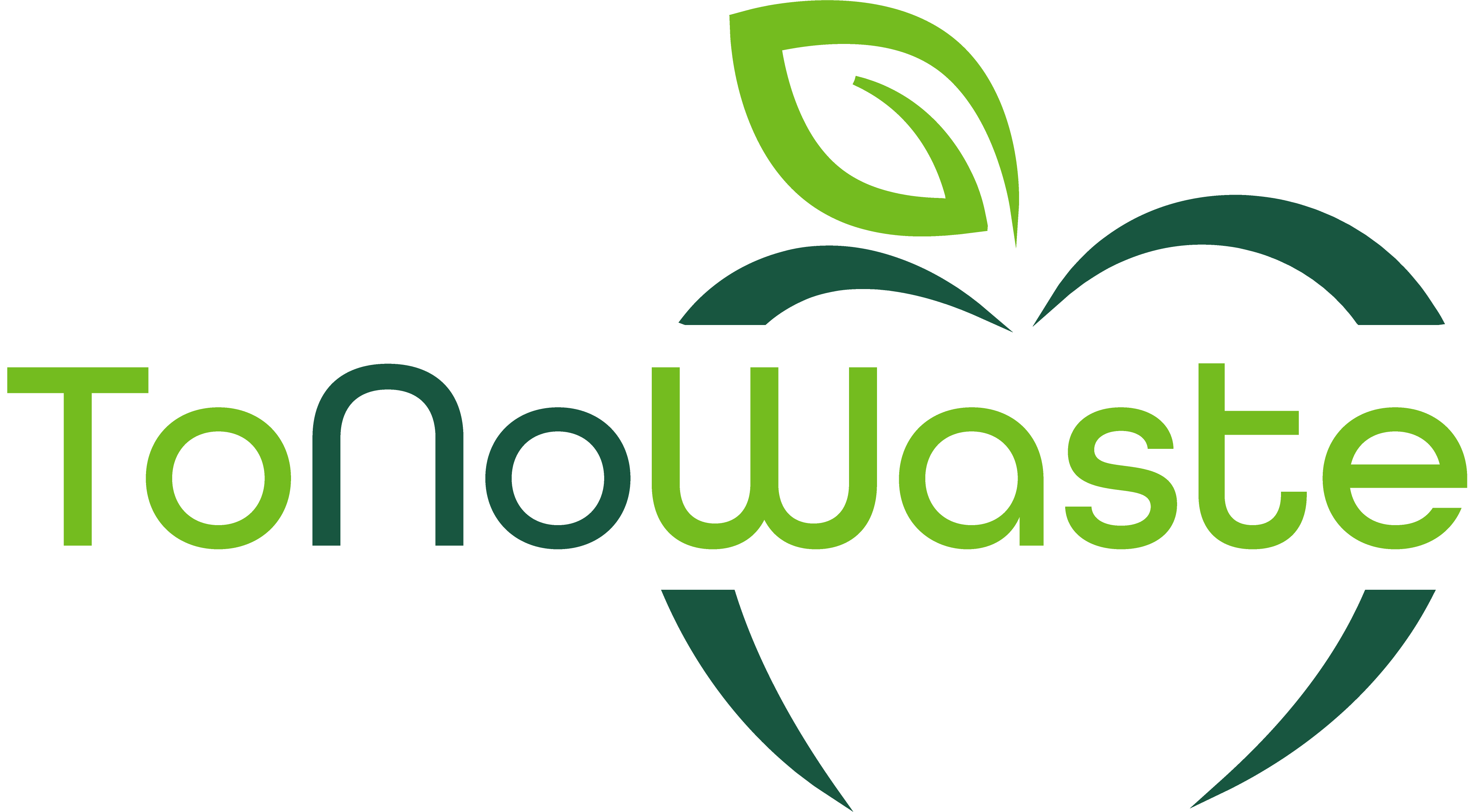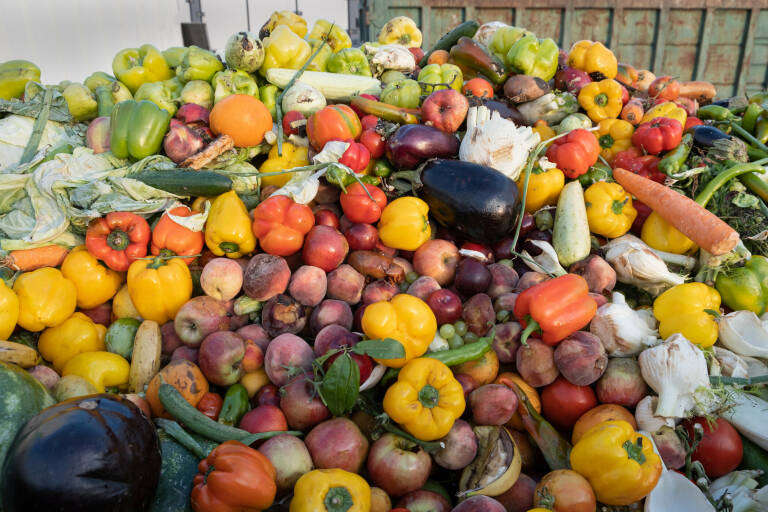In an era marked by the alarming scale of food waste, the ToNoWaste project has emerged as a trailblazing force in the mission to mitigate this pressing global issue. We are proud to share the journey and accomplishments of ToNoWaste, a European initiative dedicated to the reduction of food waste and the promotion of sustainable food consumption and production patterns.
To set the stage, recent statistics have unveiled the shocking reality of food waste in the European Union, where an astounding 88 million tons of food are discarded annually, spanning from the initial stages of production to household disposal. This dire situation not only poses significant environmental challenges, contributing to 8 to 10% of greenhouse gas emissions, but also exerts a staggering one trillion euros burden on society each year. Globally, an estimated 17% of all food produced goes to waste.
Against this backdrop, ToNoWaste was launched in September 2022, representing a collaborative effort involving 21 entities and companies from seven countries, all united under the common goal of addressing food waste. The project is a beacon of hope, funded by the Horizon Europe Program, and is spearheaded by our dedicated leader, María Jesús Muñoz, a professor and member of the Sustainability of Organizations and Social Responsibility Management (Sogres) research group at Universitat Jaume I (UJI).
In its first year, ToNoWaste has made significant strides in establishing the mechanisms necessary for monitoring and maintaining the quality and management of various projects, all designed to fulfill the lofty objectives set forth by this initiative. Operational results have already begun to emerge from different work packages, all grounded in scientific principles and geared towards ensuring the sustainability of actions aimed at reducing food waste throughout the entire food supply chain, spanning from production to the consumer.
One of the project’s notable achievements during this inaugural year has been the creation of two vital deliverables. The first comprises an extensive review of previous projects and scientific findings related to food waste, while the second is a testament to our comprehensive consultations with various stakeholders within the agrifood chain, contextualizing the problem and setting the stage for the development of evaluation mechanisms.
To validate the scientific results and assess their practical utility, pilot programs are set to launch in key cities such as Valencia, Vienna, Graz, Greece, and Sweden. These programs will engage in consultation processes and facilitate the development of actionable steps that can be rigorously evaluated.
ToNoWaste harbors a dual mission. Firstly, we aim to design an open innovation ecosystem, inviting European researchers, municipalities, fresh food value chains, and citizens to collaborate in creating open-access scientific knowledge about actions to prevent and reduce food losses and waste. Secondly, we strive to identify the best decisions and strategies to support actions to combat food losses.
Our work has thus far centered on reviewing food waste prevention and reduction actions from previous European Union projects, as well as delving into the scientific literature. This vast wealth of information has enabled us to compile methodologies and evaluation tools, essential for measuring the environmental, social, and economic impact of waste. Moreover, we have established an agreement encompassing requirements and standards, facilitating decision-making in relation to food losses and waste prevention and reduction.
While specific measures for reducing food waste are still under development, we prioritize the sustainability of the processes and operations necessary to achieve this goal. It’s not just about reducing the quantity of wasted food; it’s about ensuring that the methods employed are environmentally and economically sustainable.
The ToNoWaste project recognizes that households are the epicenter of the food waste problem, with professional kitchens in restaurants and catering companies also contributing to the issue. Therefore, our solutions must focus on changing mentalities and raising public awareness. We underscore that it is imperative for all stakeholders in the agrifood chain, including private entities, to engage in the processes of measuring and evaluating the impact, as credible information is the bedrock upon which effective solutions are built.
Throughout the first year of this transformative project, our team has engaged in numerous working sessions and embarked on insightful visits to various countries, including France. These experiences have exposed us to the innovative methodologies employed by cities like Montpellier to reduce food waste effectively.
ToNoWaste adopts an interdisciplinary approach, which considers agronomic, economic, environmental, commercial, psychological, legal, and social aspects in its efforts to combat food waste. By harnessing the collective knowledge and actions of diverse actors, from academia to the agri-food industry, distribution networks, and public administrations, especially municipalities, we aim to create a more sustainable future where food waste is minimized.
Additionally, our coordinator, María Jesús Muñoz, was recently interviewed by the local network Àpunt. To access this enlightening interview, please visit their website: https://www.apuntmedia.es/informatius/a-punt-ntc/complets/06-09-2023-informatiu-migdia_134_1641999.html.
ToNoWaste is not just a project; it’s a commitment to a better, more sustainable future where every meal counts, and food waste becomes a thing of the past. Together, we can make a difference.

